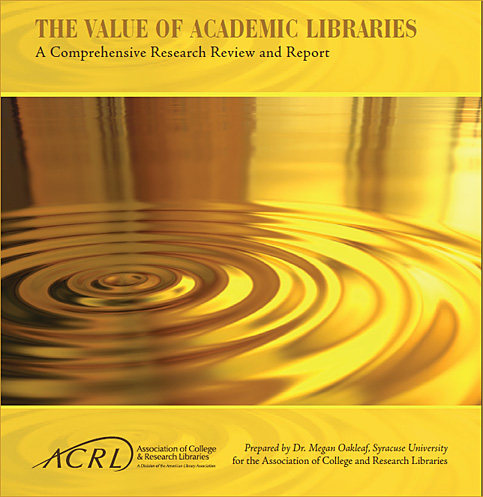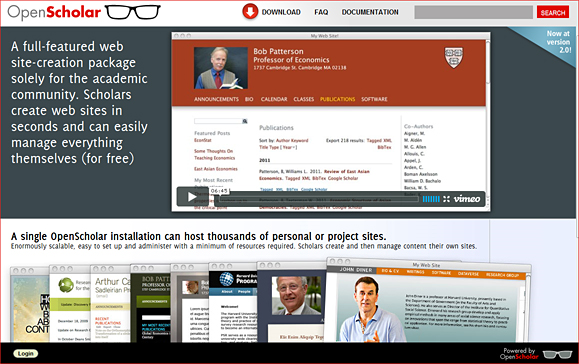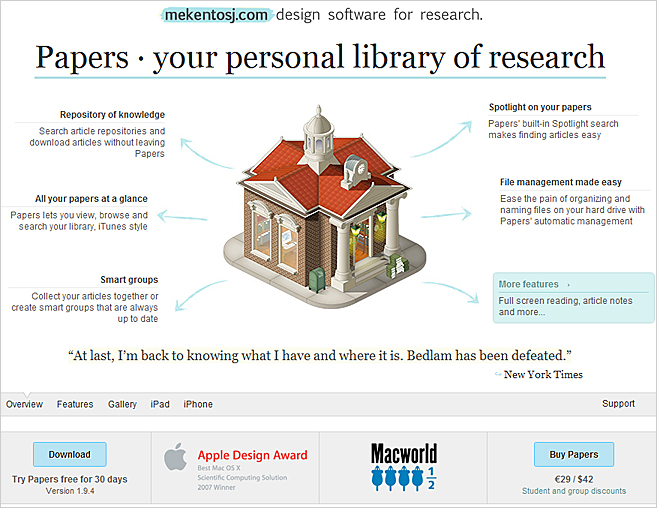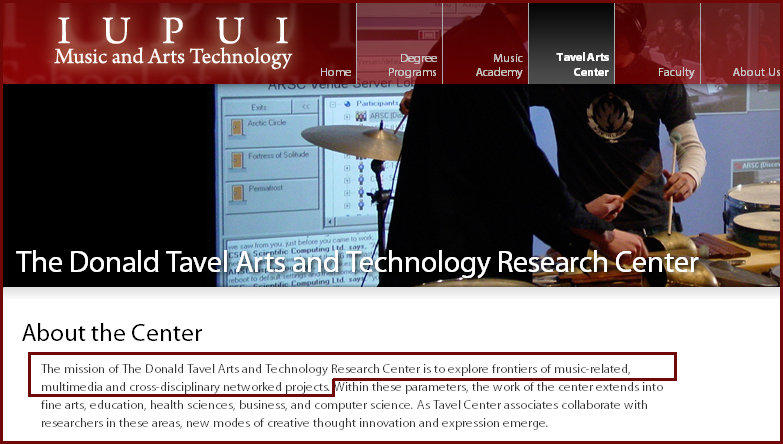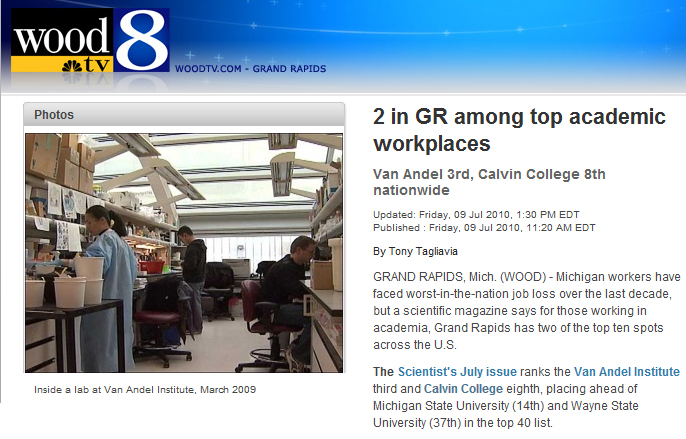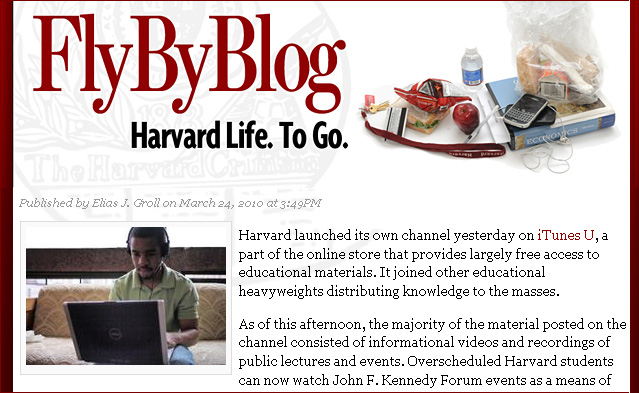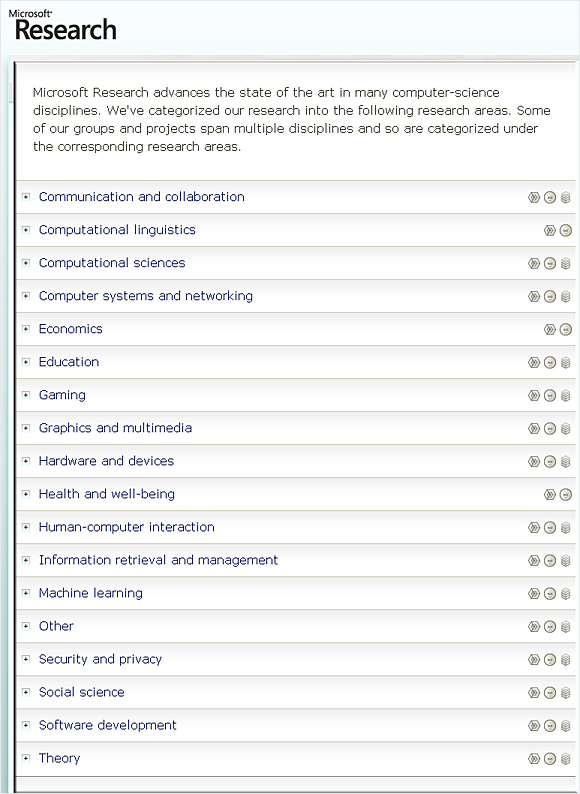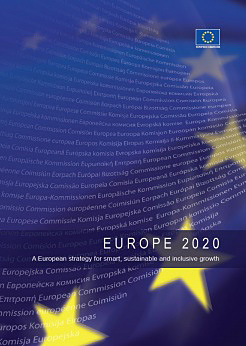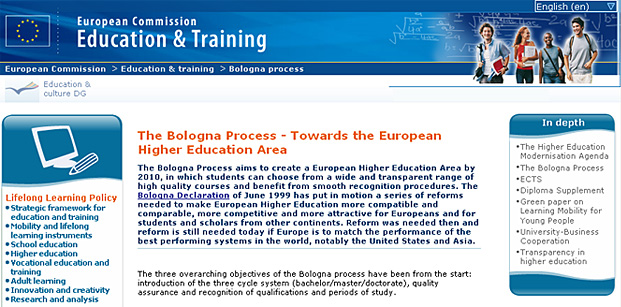.
Excerpt from the Executive Summary:
Academic libraries have long enjoyed their status as the “heart of the university.” However, in recent decades, higher education environments have changed. Government officials see higher education as a national resource. Employers view higher education institutions as producers of a commodity—student learning. Top academic faculty expect higher education institutions to support and promote cuttingedge research. Parents and students expect higher education to enhance students’ collegiate experience, as well as propel their career placement and earning potential. Not only do stakeholders count on higher education institutions to achieve these goals,
they also require them to demonstrate evidence that they have achieved them. The same is true for academic libraries; they too can provide evidence of their value. Community college, college, and university librarians no longer can rely on their stakeholders’ belief in their importance. Rather, they must demonstrate their value.
Purpose – The following review and report is intended to provide Association of College and Research Libraries (ACRL) leaders and the academic community with 1) a clear view of the current state of the literature on value of libraries within an institutional context, 2) suggestions for immediate “Next Steps” in the demonstration of academic library value, and 3) a “Research Agenda” for articulating academic library value. It strives to help librarians understand, based on professional literature, the current answer to the question, “How does the library advance the missions of the institution?” The report is also of interest to higher educational professionals external to libraries, including senior leaders, administrators, faculty, and student affairs professionals.
Scope – This report is intended to describe the current state of the research on community college, college, and university library value and suggest focus areas for future research…









